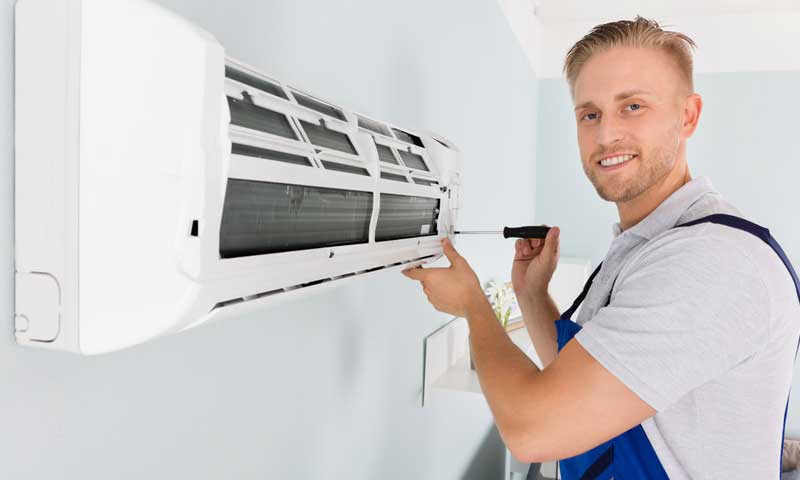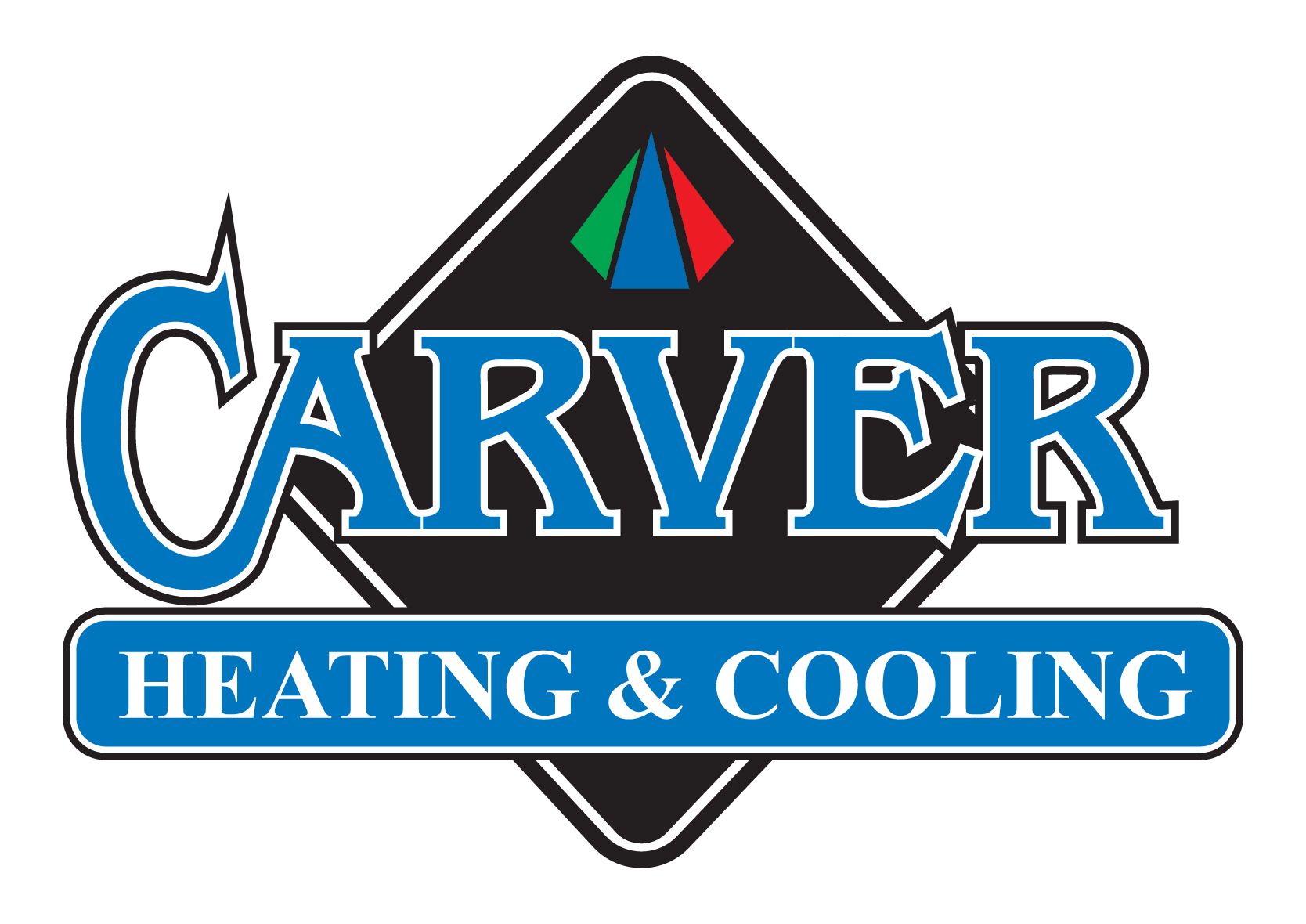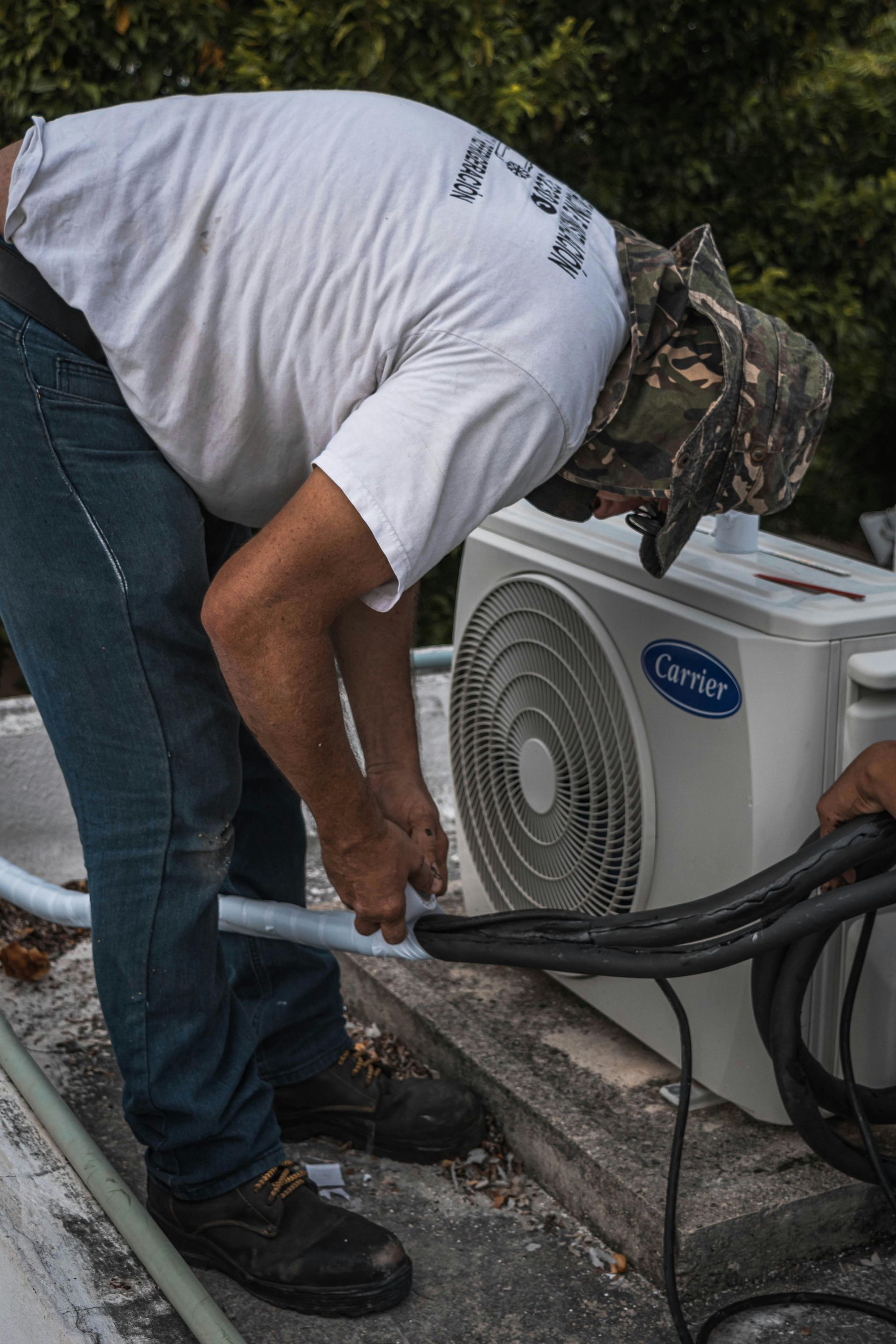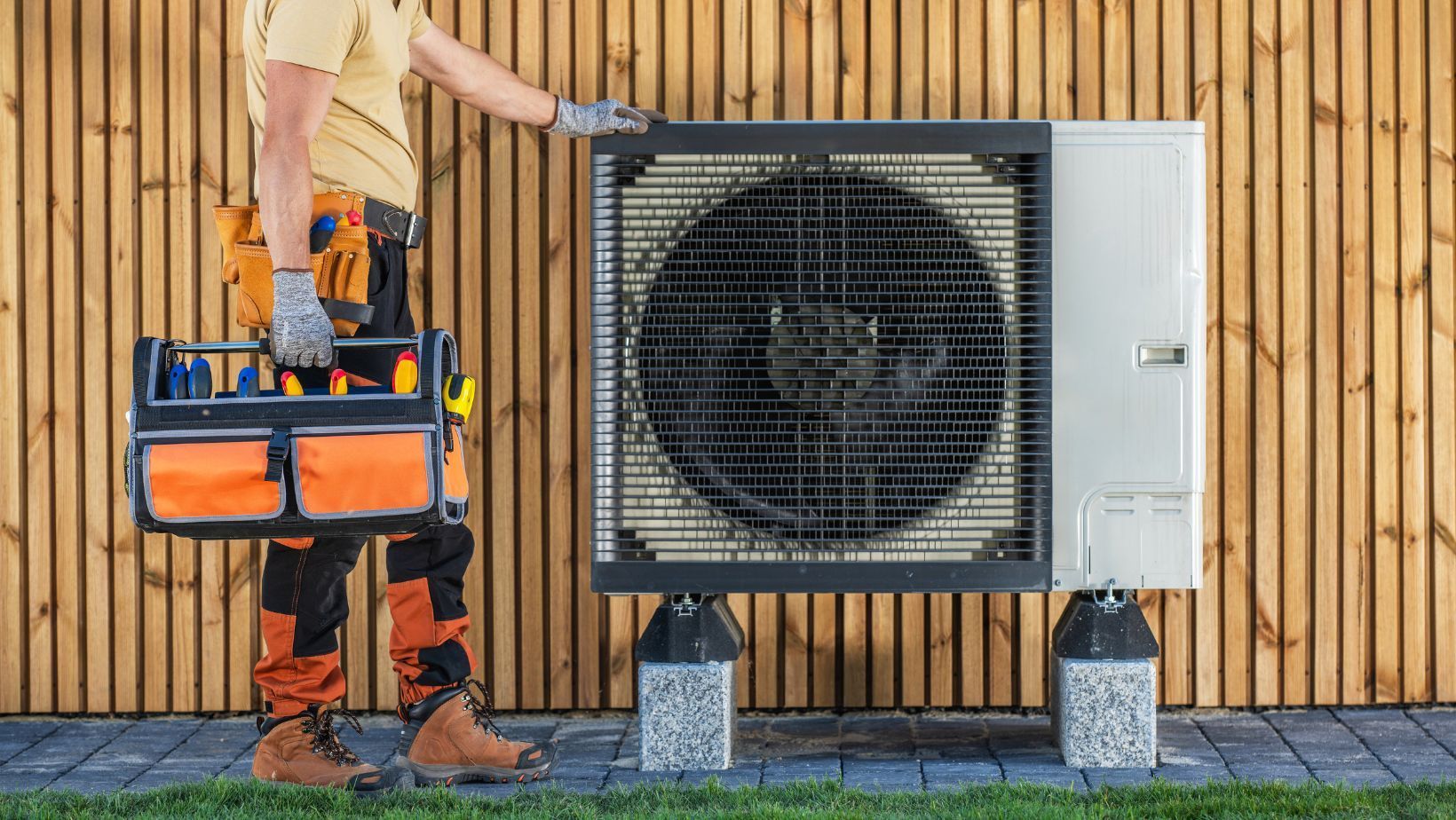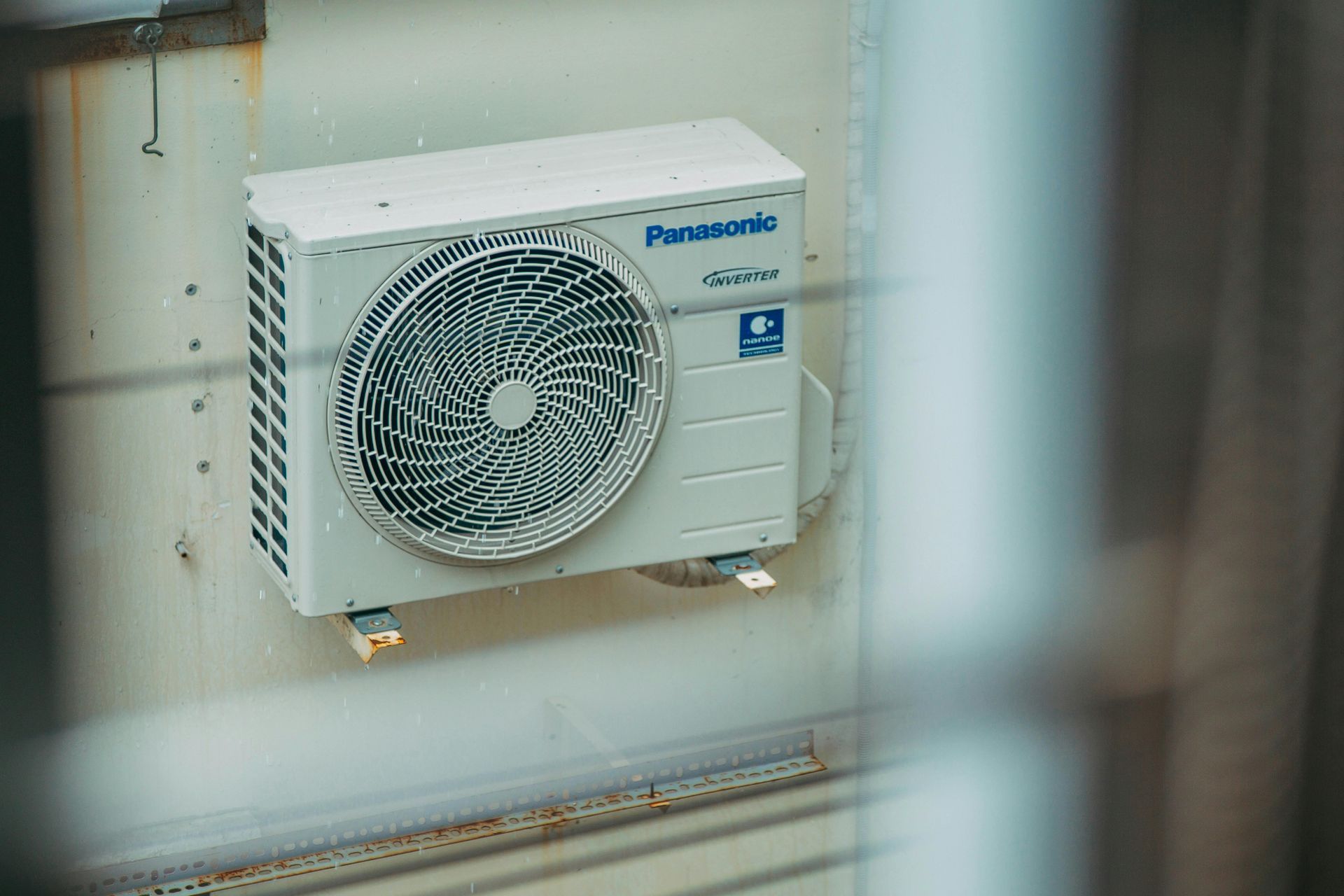Things To Learn When Owning An Air Conditioner Water Heater With Heat Exchanger
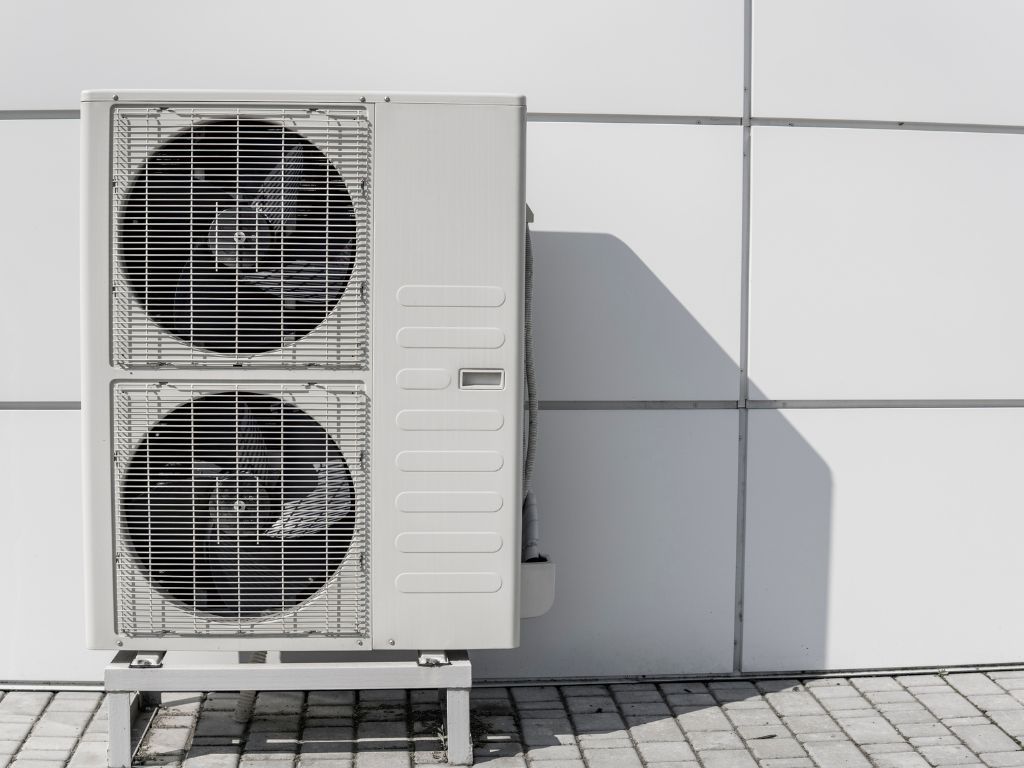
A heat exchanger is a device that is used to transfer heat from one fluid to another without the two fluids coming into direct contact. There are many different types of heat exchangers, including shell and tube heat exchangers, plate heat exchangers, and air-to-air heat exchangers.
Heat exchangers are used in a wide range of applications, including heating and cooling buildings, power plants, chemical plants, and automotive systems. They are essential in many modern technologies and essential for maintaining a comfortable environment in homes and buildings.
One type of heat exchanger that has gained popularity in recent years is the air conditioner water heater heat exchanger or ACWH. This type of heat exchanger combines the functions of an air conditioner and a water heater into a single system, allowing it to both cool and heat a home or building.
How It Works
Heat exchangers are designed to transfer heat from one fluid to another without the two fluids coming into direct contact. This is achieved by separating the two fluids with a barrier, such as a metal wall or a series of tubes.
Heat exchangers can be classified into two main types: those that use direct contact between the two fluids and those that do not.
In a direct contact heat exchanger, the two fluids are mixed together and separated by a physical barrier, such as a metal wall or a series of tubes. The heat is transferred from one fluid to another through conduction, convection, or both.
In a non-direct contact heat exchanger, the two fluids are separated by a barrier and are not mixed together. The heat is transferred from one fluid to the other through conduction or convection. Non-direct contact heat exchangers are often used in applications where it is not possible or desirable to mix the two fluids, such as in the case of air conditioning systems.
How An Air Conditioner Water Heater Heat Exchanger Works
An ACWH heat exchanger consists of several key components, including a refrigerant, an evaporator, and a condenser. The refrigerant is a fluid used to transfer heat from the air to the water within the heat exchanger.
The evaporator is responsible for absorbing heat from the air inside the building, while the condenser releases that heat into the water. This process of transferring heat from the air to the water is known as refrigeration.
In an ACWH heat exchanger, the refrigerant is circulated through the system in a closed loop. As it passes through the evaporator, it absorbs heat from the air inside the building, which causes it to vaporize. The vaporized refrigerant is then pressurized and passed through the condenser, where it releases the heat it has absorbed into the water.
As the refrigerant passes through the condenser, it cools and condenses back into a liquid. The cooled liquid is then passed through an expansion valve, which reduces the pressure and allows it to evaporate again as it passes through the evaporator. This cycle is repeated continuously, allowing the ACWH heat exchanger to both cool and heat the building.
Advantages Of An Air Conditioner Water Heater Heat Exchanger
- Cost Savings
By using a single system for both heating and cooling, an ACWH heat exchanger can save homeowners money on energy bills and maintenance costs.
- Increased energy Efficiency
As mentioned, an ACWH heat exchanger is more energy efficient than traditional systems because it uses the same system for both heating and cooling. In a traditional system, separate units are required for heating and cooling, which can be less efficient because they must each operate independently. An ACWH heat exchanger, on the other hand, is able to use the same system for both functions, which can result in significant energy savings.
- Government Incentives And Rebates
In some areas, homeowners may be eligible for incentives or rebates for installing an ACWH heat exchanger due to its energy-saving capabilities. These incentives can help offset the initial cost of installation and make the switch to an ACWH heat exchanger more appealing.
- Environmental Benefits
Because an ACWH heat exchanger uses less energy, it has a lower carbon footprint compared to traditional systems. This can help reduce greenhouse gas emissions and contribute to a more sustainable future.
Disadvantages of an air conditioner water heater heat exchanger
While there are many benefits to using an ACWH heat exchanger, there are also some drawbacks to consider:
- Initial Cost
The initial cost of installing an ACWH heat exchanger may be higher than traditional systems. This can be a barrier for some homeowners who may not have the upfront capital to make the investment.
- Suitable For Warmer Climates
An ACWH heat exchanger may not be suitable for very cold climates where a traditional heating system is needed. In these cases, a separate heating system may be required in addition to the ACWH heat exchanger.
- Complexity
The complexity of the system may require additional maintenance and repairs compared to traditional systems. This can be an issue for homeowners who may not have the knowledge or expertise to perform these tasks themselves.
Conclusion
In conclusion, an ACWH heat exchanger is a highly efficient and cost-effective solution for heating and cooling a home or building. While there are some drawbacks to consider, the benefits of this technology make it a promising option for the future.
As energy costs continue to rise and concerns about the environment grow, the adoption of ACWH heat exchangers is likely to increase. For homeowners looking to save money on energy costs and reduce their carbon footprint, an ACWH heat exchanger may be an appealing option to consider.
Excited to have one in your home in London, Ontario? Check us out to find more wonderful
products including water heaters!
